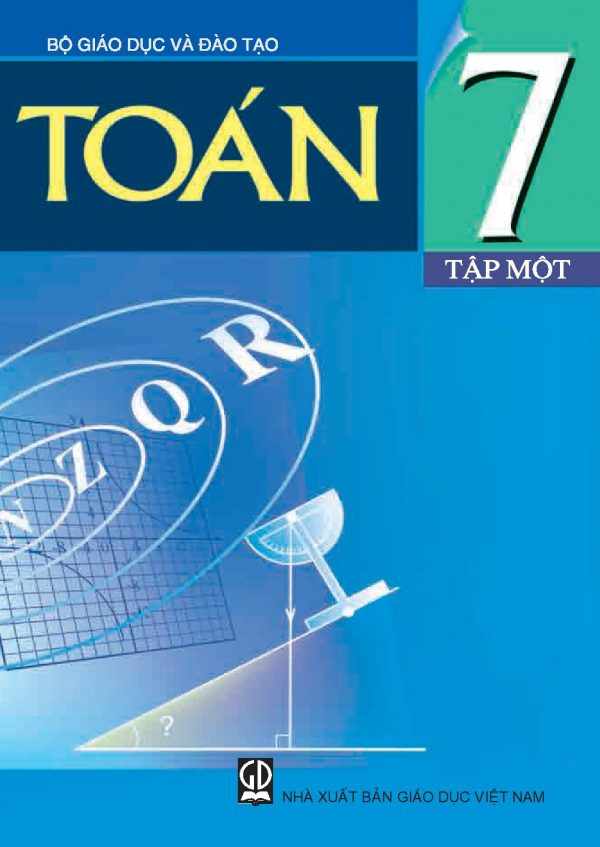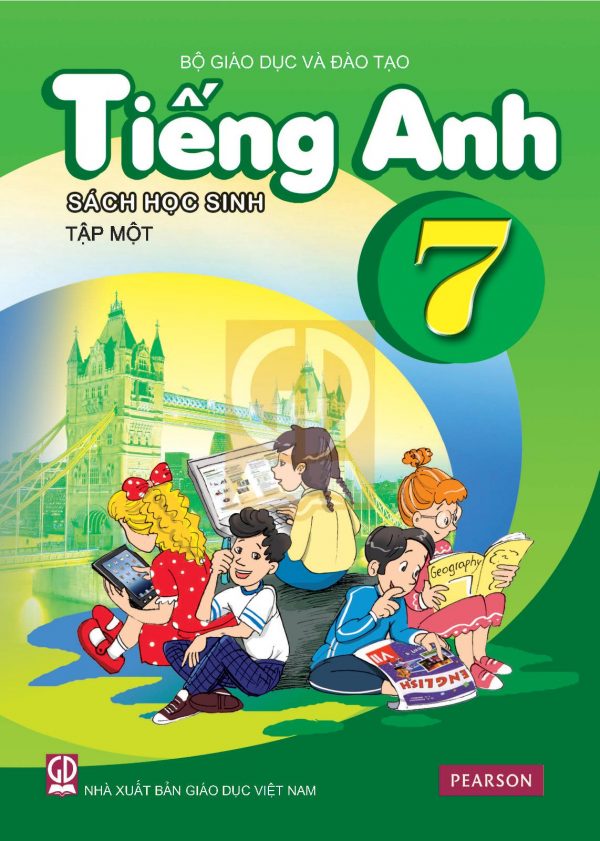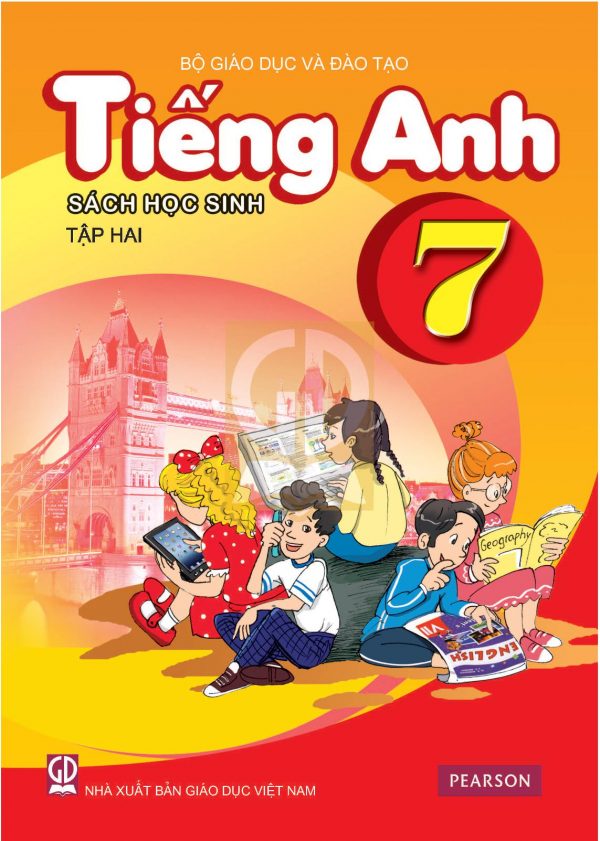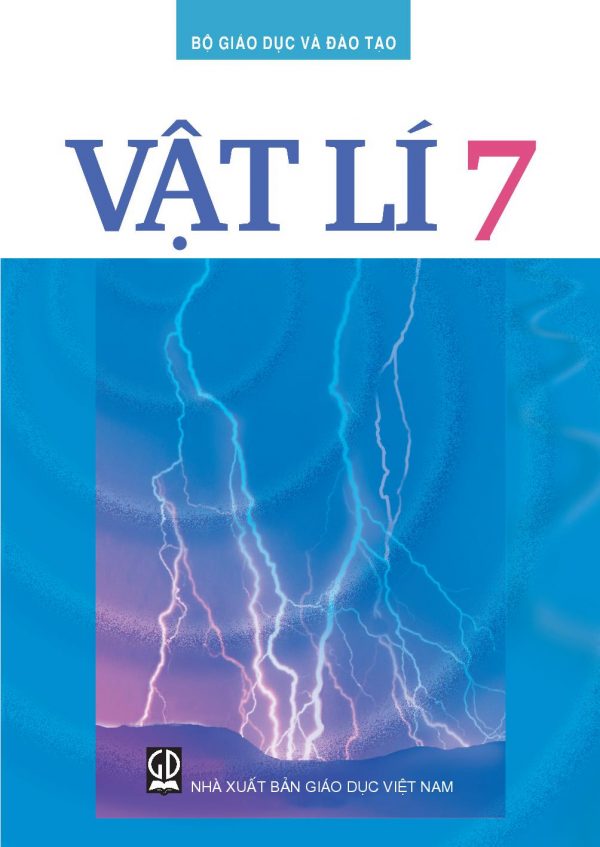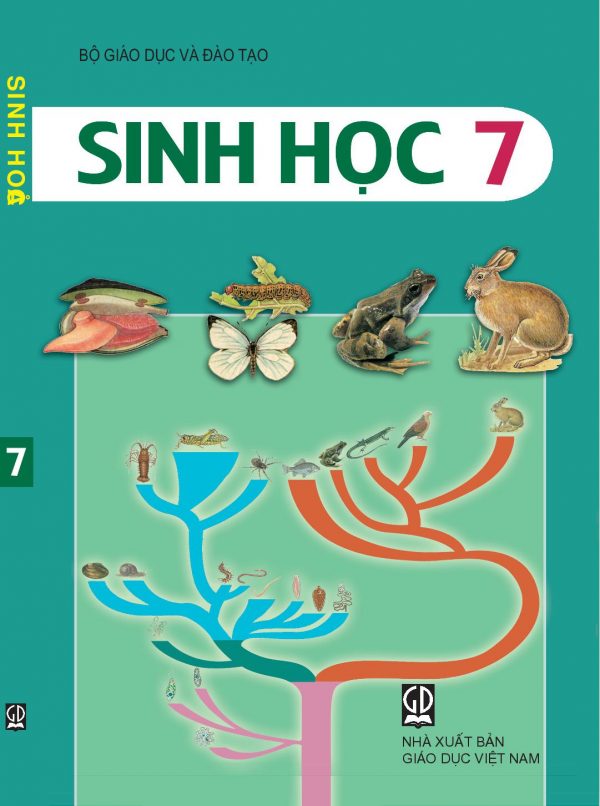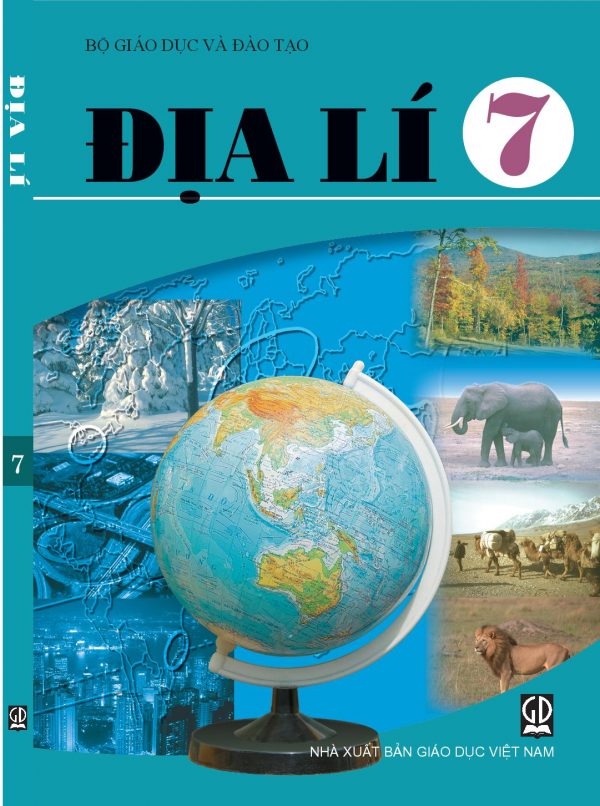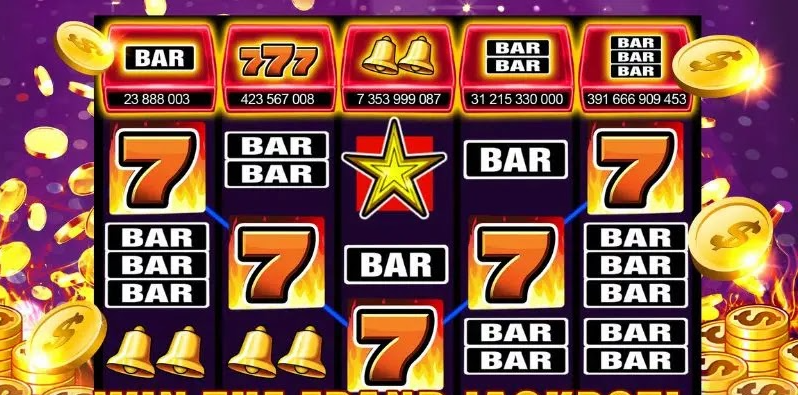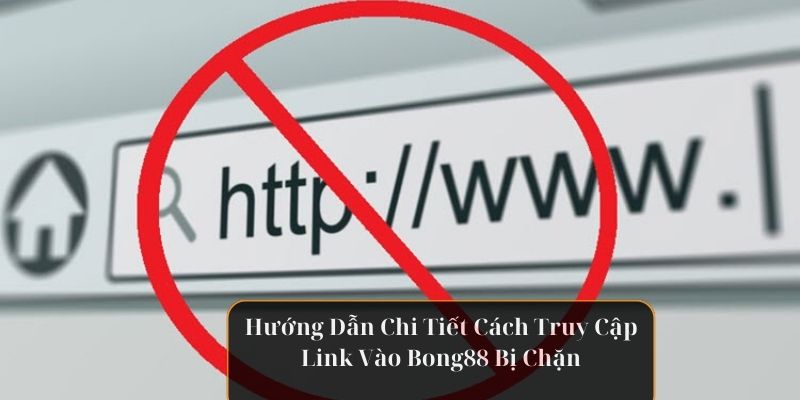(Page 104)
THIS UNIT INCLUDES:
Vocabulary
Types of energy sources
Pronunciation
Stress in three-syllable words
Grammar
Present continuous
Skills
• Reading about types of energy sources
• Talking about the advantages and disadvantages of different energy sources
• Listening about how to save energy at home
• Writing a paragraph about how to save energy at home
Everyday English
Asking for explanations
👉GETTING STARTED
Types of energy sources
1. Listen and read. 🎧
Lan: Hi, Dad.
Mr Tan: Lan, what are you doing?
Lan: I'm doing a project on energy sources. But I don't quite understand what energy is.
Mr Tan: Well, it's power that we use to provide us with light, heat or electricity. Lan: Oh. Where does it come from?
Mr Tan: It comes from many different sources like coal, oil, natural gas,... We call them non-renewable sources.
Lan: Can it come from the sun, wind or water too?
Mr Tan: Yes, it can. We call those types of energy renewable sources because we cannot run out of them. Renewable means we can easily replace them.
Lan: I get it now.
Mr Tan: You know, some types of energy are cheap and easy to use, but others are more expensive and harder to find...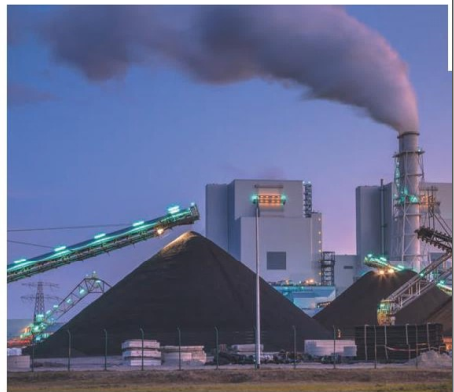
(Page 105)
2. What are Lan and her father talking about?
A. Energy
B. Sources
C. Energy sources
3. Read the conversation again and answer the following questions.
1. What is Lan doing?
2. What does energy mean?
3. Where does energy come from?
4. What are renewable sources?
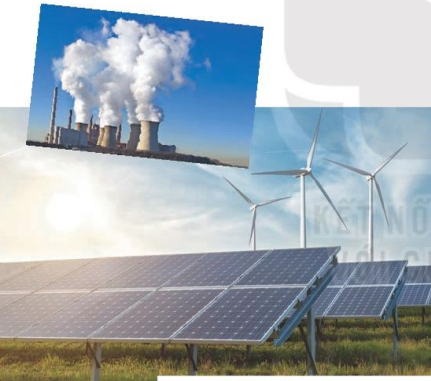
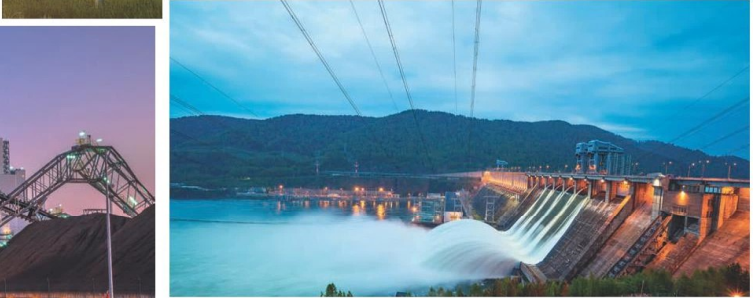
4. Match the words/phrases in the box with the correct pictures.
1. oil
2. wind energy
3. coal
4. natural gas
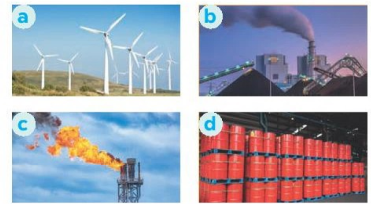
5. Complete each of the sentences with the correct word from the conversation.
1. Energy is _____ that we use to provide us with light, heat or electricity.
2. When energy comes from the ____, wind and water, we call it renewable energy.
3. When energy comes from wind, we call it _____ energy.
4. We cannot _____ out of renewable energy.
5. Some typrs of energy are _____ and easy to use.
